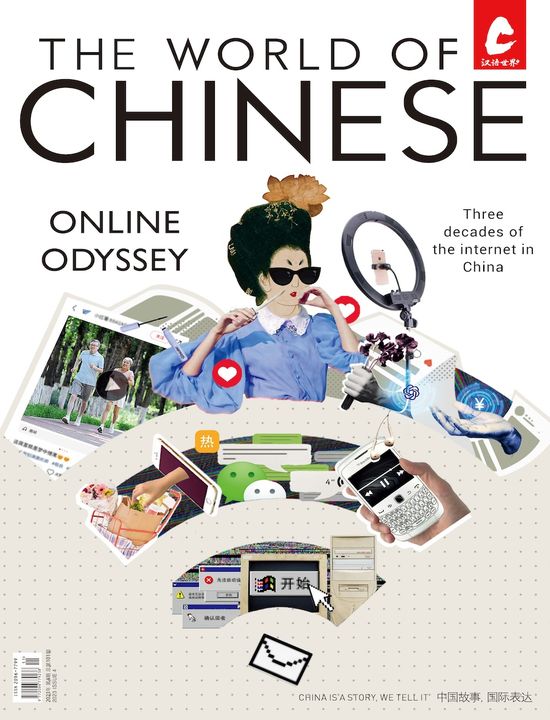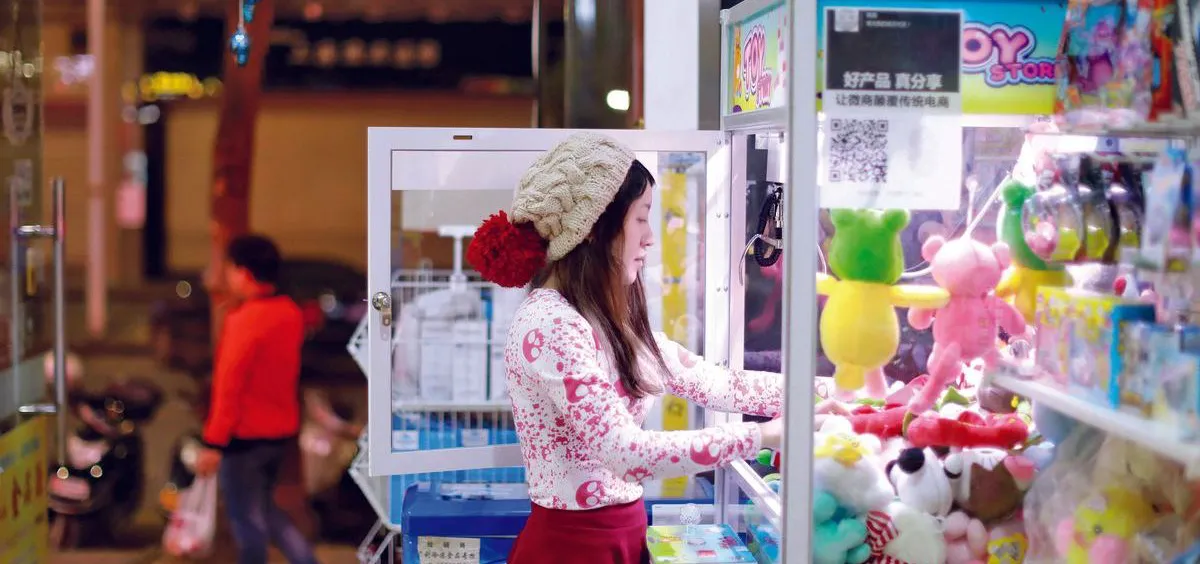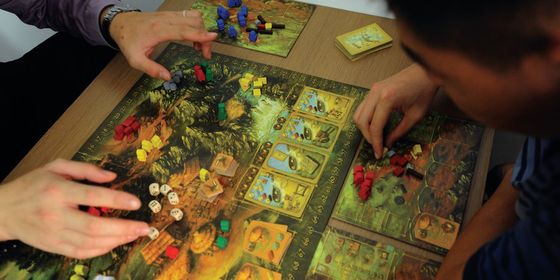After a 13-year ban, “Crane Game” machines are the latest fad for Chinese shoppers
“If I have my eye on a toy, then I must grab it; even if I know I can just buy it for a couple of hundred, I still have to grab it,” shopper Zhuang Wei tells Xincaijing blog, after putting 500 RMB on a special cash card to use at a claw-machine shop in a Hangzhou mall.
Stocked with 30 beeping machines offering stuffed toys, phone cases, purportedly real jewelry, and Chanel makeup up for (literal) grabs, the shop is one of thousands that have opened in China during the past year. Even third and fourth-tier cities are succumbing to so-called “crane game fever,” as the best spots in coastal city malls and commercial districts get filled up.
“Customers usually manage to get this one after spending 300 RMB,” says one store manager, referring to Zhuang’s personal white whale: a two-foot plush toy crocodile that retails for just 100 RMB online. Business is booming; Xincaijing estimates that any store can get a return on its investment in five months or less.
Claw machines, also called skill cranes or UFO catchers, had their heyday in US and Japan malls and arcades during the 1980s and 90s. In China, though, arcade games were viewed with suspicion, seen as either gambling devices or unwholesome distractions for students. In 2000, the government banned the sale and operation of all such game machines, citing the “addictive playing among youths.”
In 2013, the ban was lifted, with the need to increase the competitiveness of China’s domestic game design industry cited as one justification. While the country still hasn’t produced the next Nintendo, factory owners in Panyu district, Guangdong—the world’s claw-machine manufacturing hub—have reported order increases of 50 percent each year since 2013, with a total estimate of over 200 million machines in China.
The craze has even gone online: There are at least 30 games in Chinese app stores where users can remote-control a real-life machine, watching the action via live stream, and get their winnings delivered by courier. Such apps, as one maker boasts to Xincaijing, “attracts investors…and product development teams of big corporations as soon as they’re put online.” The parent company of one, Grab Dolls Every Day (天天抓娃娃), is backed by a 20 million USD investment from Tencent.
However, as with bike-sharing, claw machines’ ubiquity is diminishing their profitability—and the specter of the old ban is still present; last year saw a crackdown on claw “gambling” machines in Xi’an which allowed players to exchange the toys for cash. Those in the industry, though, are confident that the offline toy-grab fever, at least, is no mere bubble.
“As cities seek to integrate leisure with commerce, it’s natural for claw machines to enter cinemas, supermarkets, and bookstores…to attract young people,” Investide.cn reported in 2017. “It’s already considered a standard accessory.”
Claw Back is a story from our issue, “The Masculinity Issue.” To read the entire issue, become a subscriber and receive the full magazine. Alternatively, you can purchase the digital version from the App Store.














